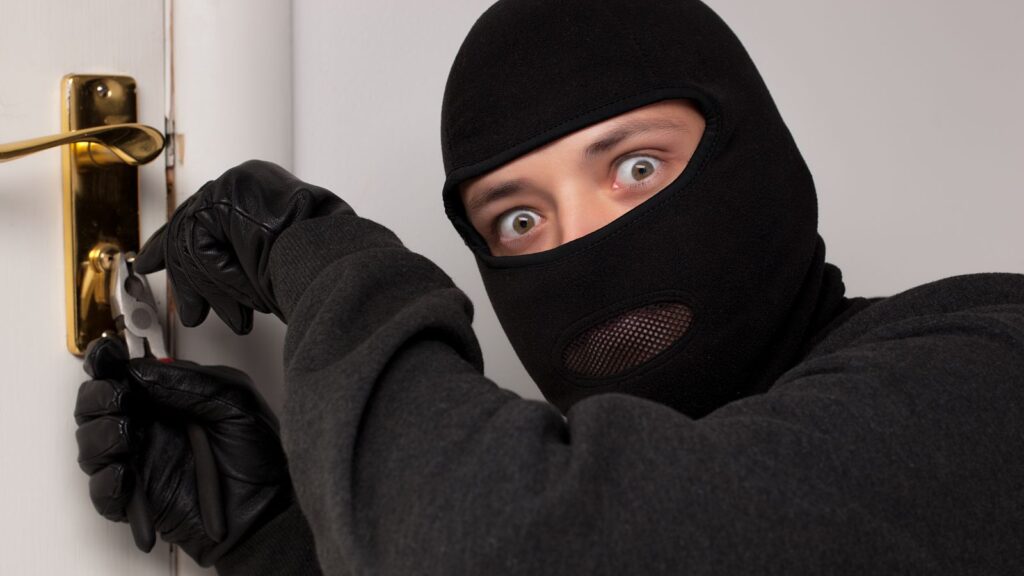Keeping your home safe from burglars involves more than just locking your doors. Many homeowners unknowingly make their homes attractive targets for thieves. We look at 21 common mistakes that can put your home at risk, along with practical steps to improve your security.
Leaving a Dark House
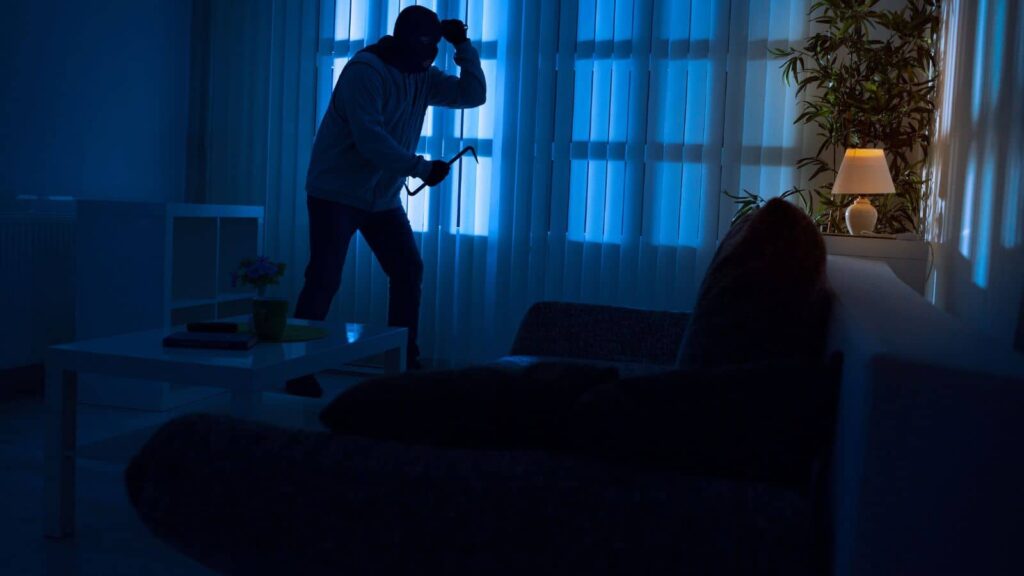
A well-lit home can deter burglars who prefer to operate in darkness. Exterior lighting, especially around entry points, can improve your home’s security, and motion-sensor lights can put off prospective burglars.
Not Using Timers on Lights

When you’re away from home, creating the illusion that someone is home is crucial. Using timers on indoor lights can make it look like there is activity inside the house, deterring potential burglars. You should set these timers to turn lights on and off at different times to mimic normal household patterns. Some people only set lights to come on in the evening, but research published in Forbes shows that most burglaries happen during the day.
Neglecting Your Yard
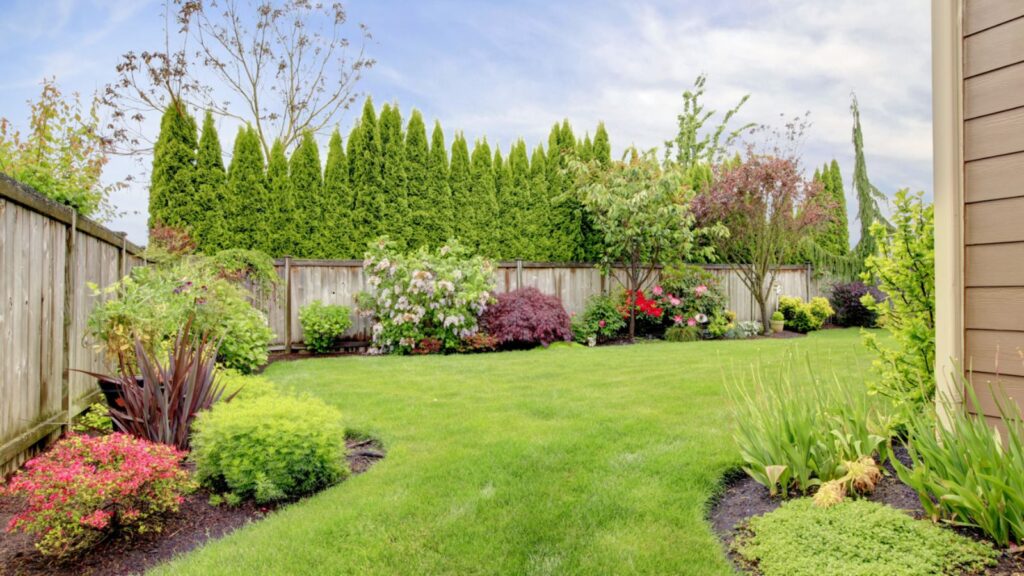
An overgrown lawn or untrimmed bushes can signal to burglars that no one is home or that the residents are inattentive. Regularly maintaining your yard keeps it looking good and eliminates hiding spots for potential intruders. You can even think about hiring a gardener to come and work on your home while you’re away, which will deter people from spying on your home from making a move.
Leaving Mail and Packages Uncollected
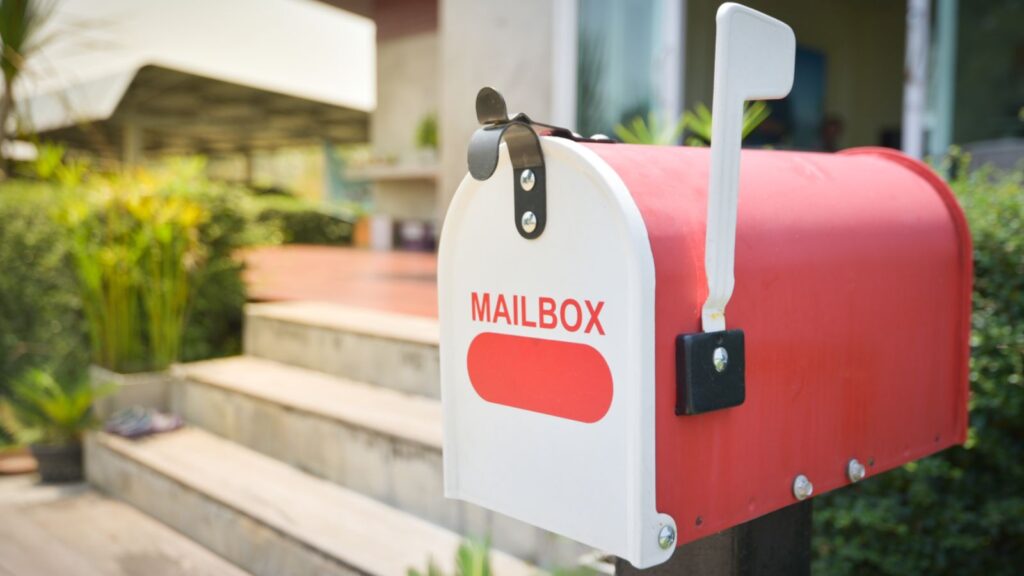
A pile of mail or packages at your door clearly indicates that you’re not home. Arrange for a neighbor or friend to collect these items if you’re away. Alternatively, you can use a mail hold service to secure your mail.
Sharing Too Much on Social Media

Posting your travel plans or vacation photos in real time can alert burglars that your home is unoccupied. Research published in Get Safe Online shows that four out of five burglars use social media to plan their thefts. Wait until you return to share your experiences online and speak in the past tense. Keeping your plans private can prevent unwanted attention from those with ill intentions.
Not Securing Sliding Doors
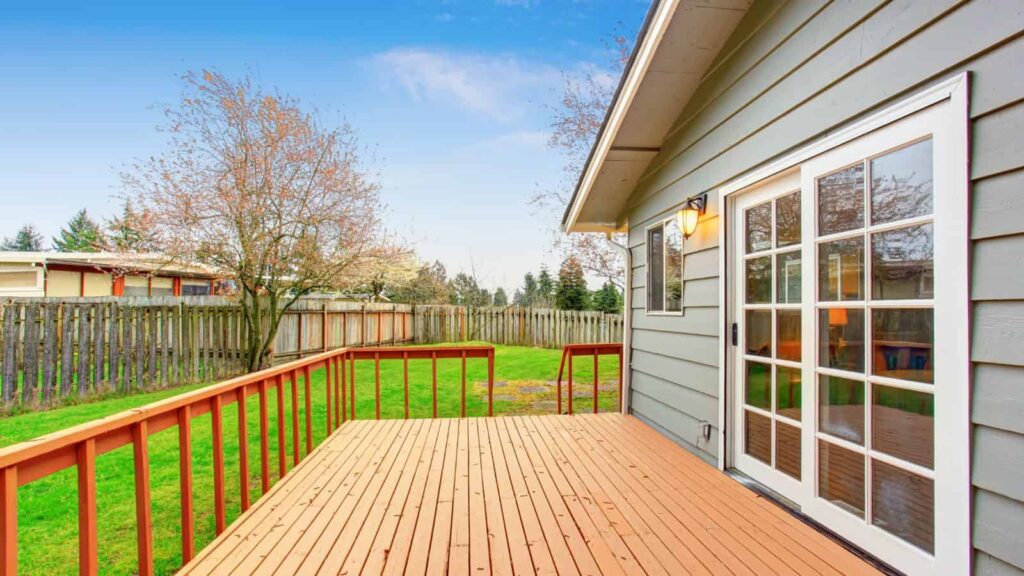
Sliding patio doors are a common entry point for burglars as they often have weak locks that can be easily bypassed. Adding a security bar or dowel rod in the track can prevent the door from being forced open.
Leaving Ladders and Tools Outside
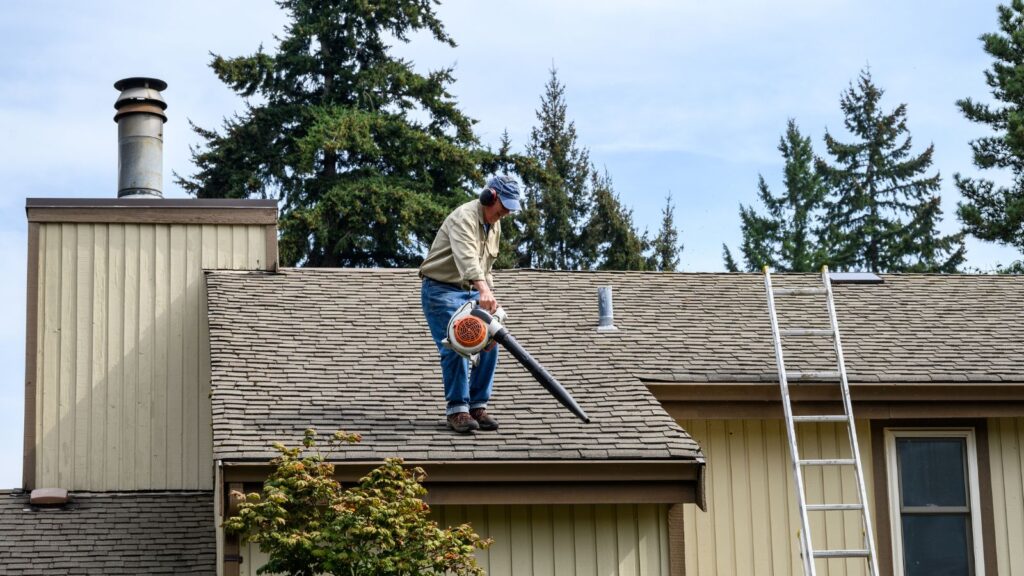
Burglars can use tools and ladders left outside to access your home. Always store these items securely in a locked shed or garage to avoid giving intruders the means to break in.
Using Dummy Alarms
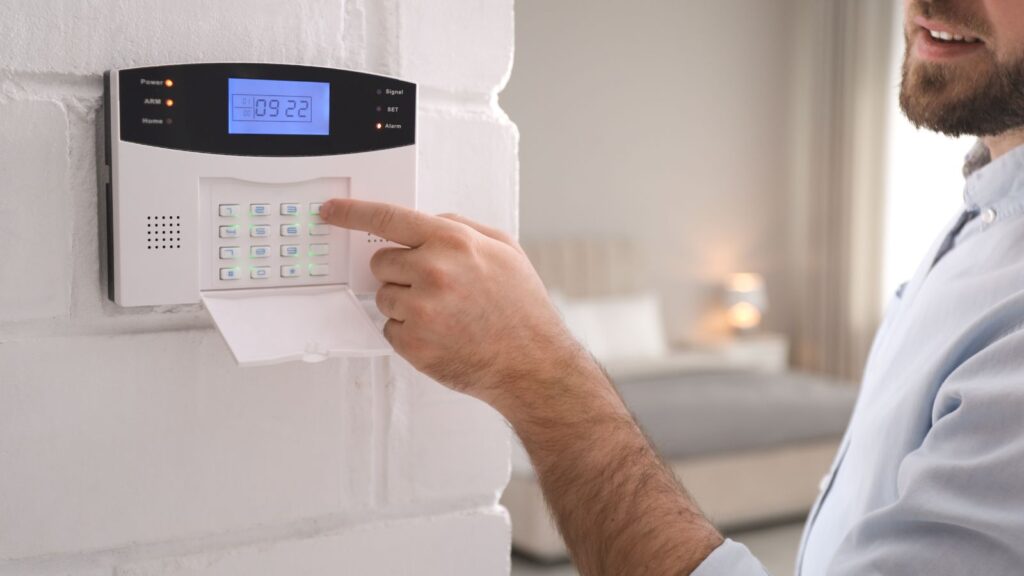
While security systems are a great deterrent, relying on dummy alarms can backfire. Experienced burglars can often spot these fakes, making your home an easier target. Invest in a real security system, ideally linked to a 24-hour monitoring service, and ensure it is prominently displayed.
Keeping Valuables in Plain Sight
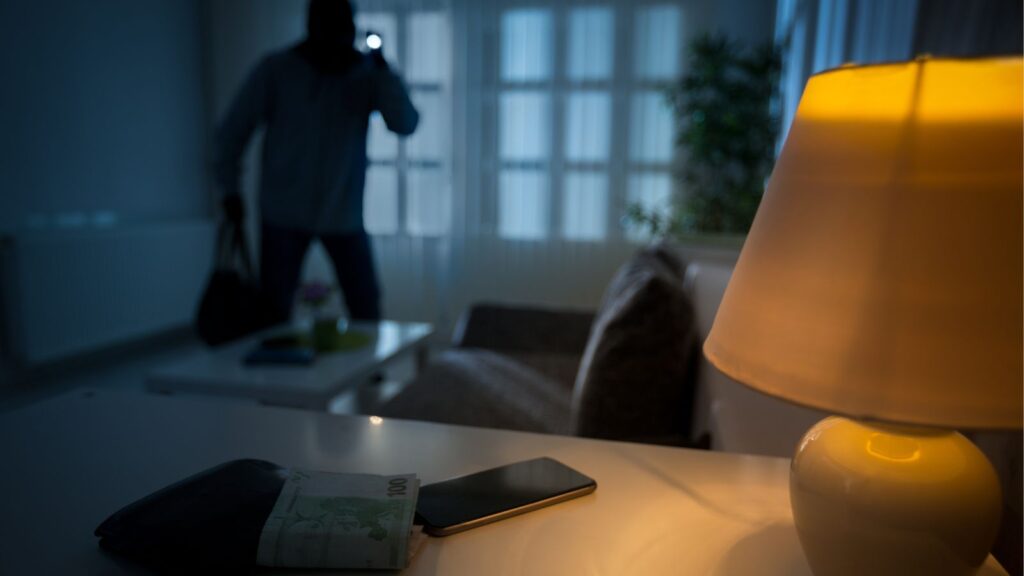
Expensive items visible through windows can tempt opportunist burglars. Keep valuables out of sight from the street and avoid leaving packaging from high-end purchases like electronics or appliances out in the open.
Not Locking the Garage
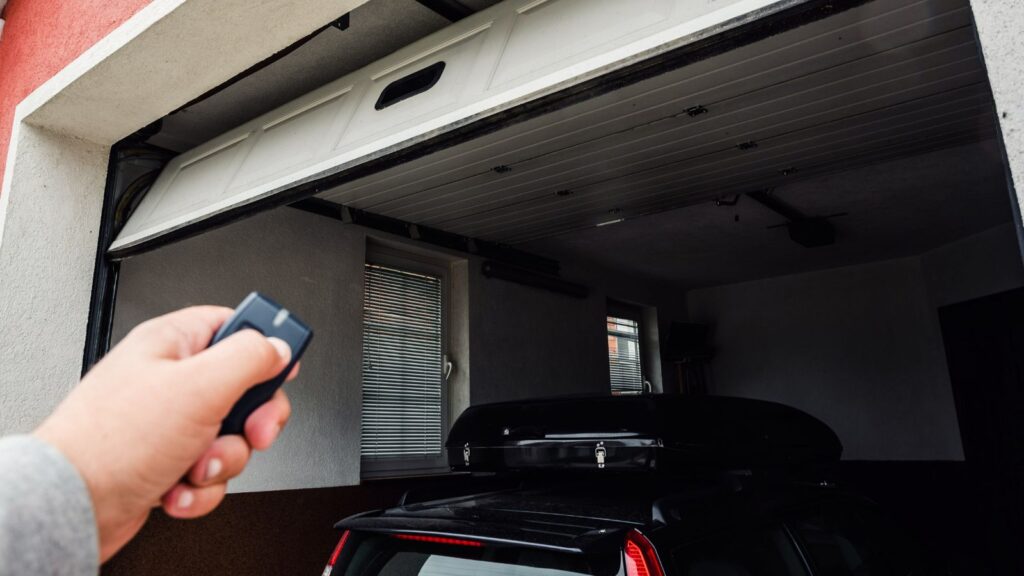
An unlocked garage can provide easy access to your home, so you should always lock your garage door and any connecting doors to your house. Consider disabling automatic garage door openers when you’re away to prevent them from being hacked.
Forgetting to Lock Windows
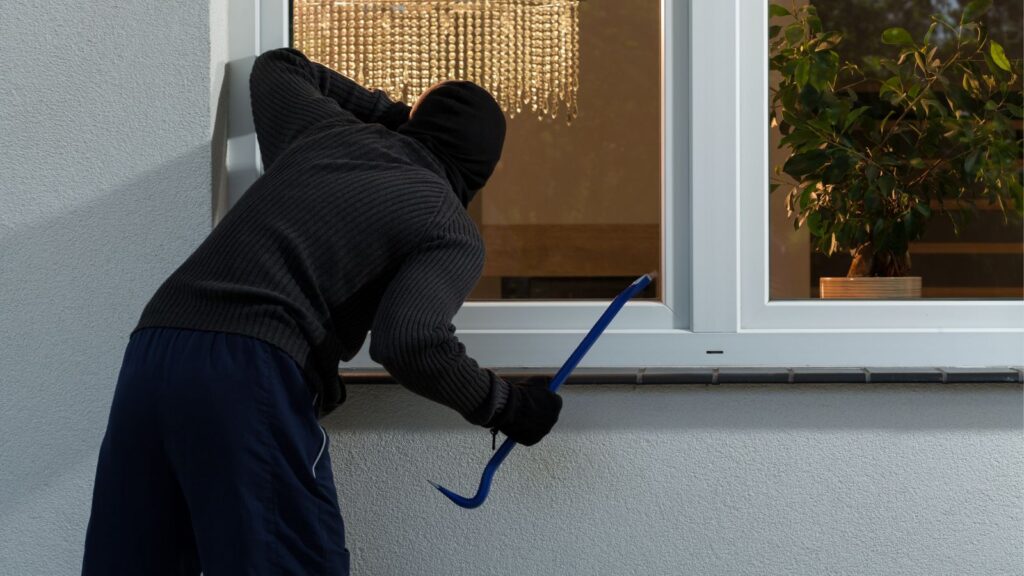
Unlocked windows are an easy entry point for burglars, with over 60% of burglars gaining access through unlocked doors or windows, according to The Bradbury Group. Ensure all windows are locked, especially on the ground floor and any accessible upper floors. Consider adding window locks or bars for additional security.
Using Obvious Hiding Spots for Spare Keys
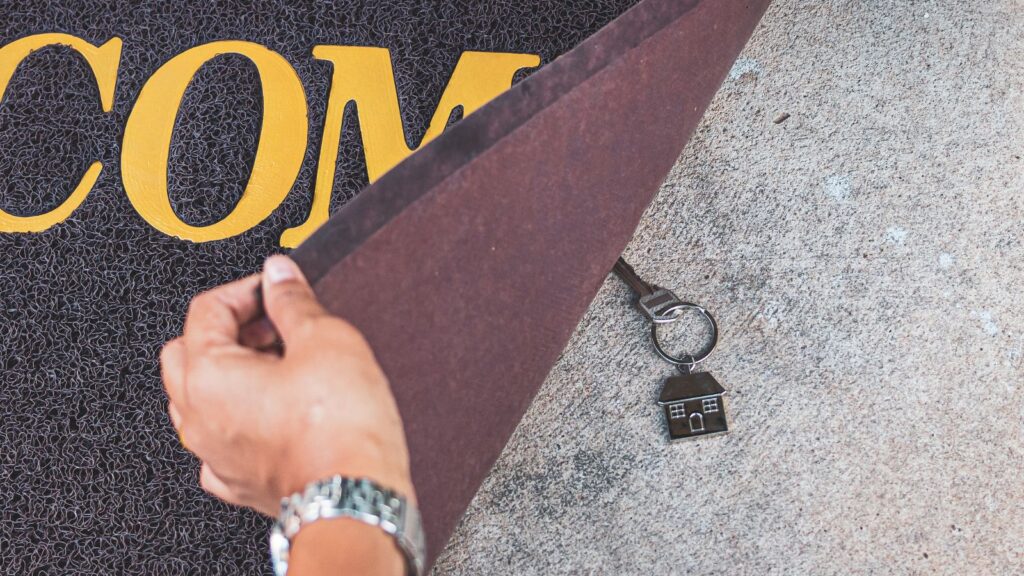
Hiding spare keys under mats, in planters, or above door frames is common but risky. Instead, leave a spare key with a trusted neighbor or invest in a secure key lockbox.
Overgrown Bushes and Trees
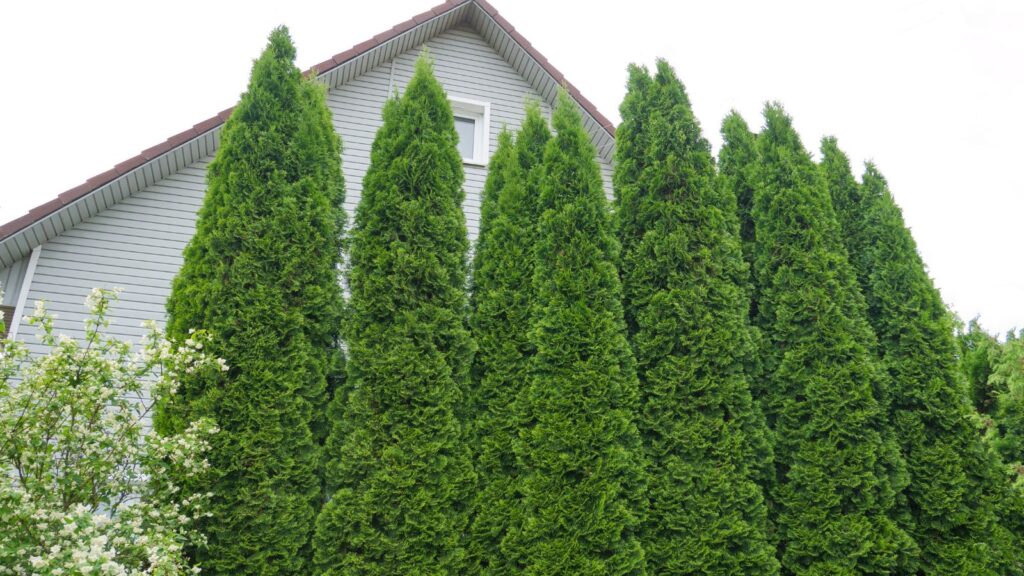
While greenery adds beauty to your home, overgrown bushes and trees can provide cover for burglars. Keep vegetation trimmed to eliminate hiding spots and ensure clear sightlines from your home to the street.
Leaving Curtains Open
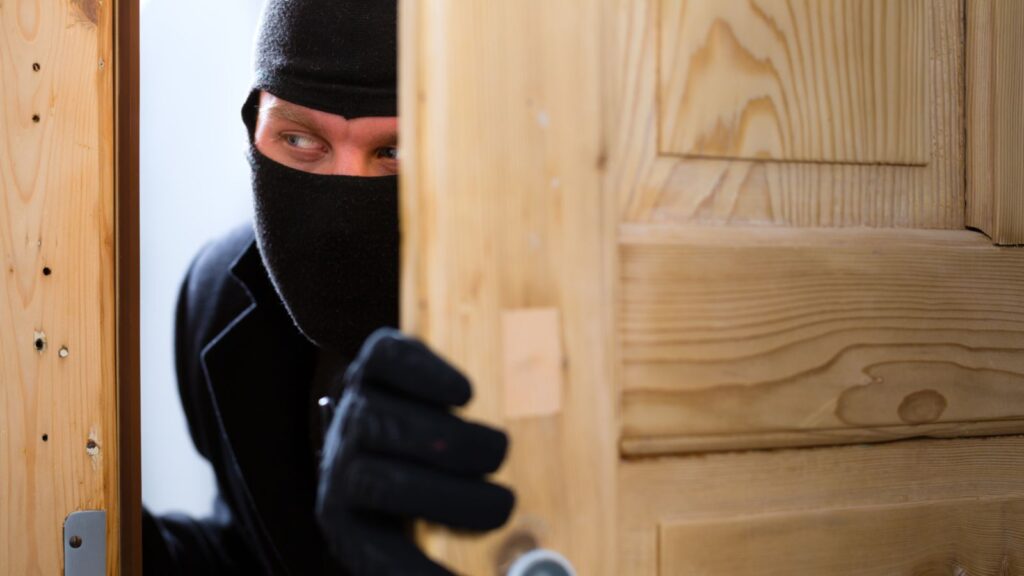
Open curtains can provide a clear view of your home’s interior, showcasing your belongings. Close curtains or blinds to keep prying eyes out, especially when you’re not home.
Relying on Decals and Signs Alone
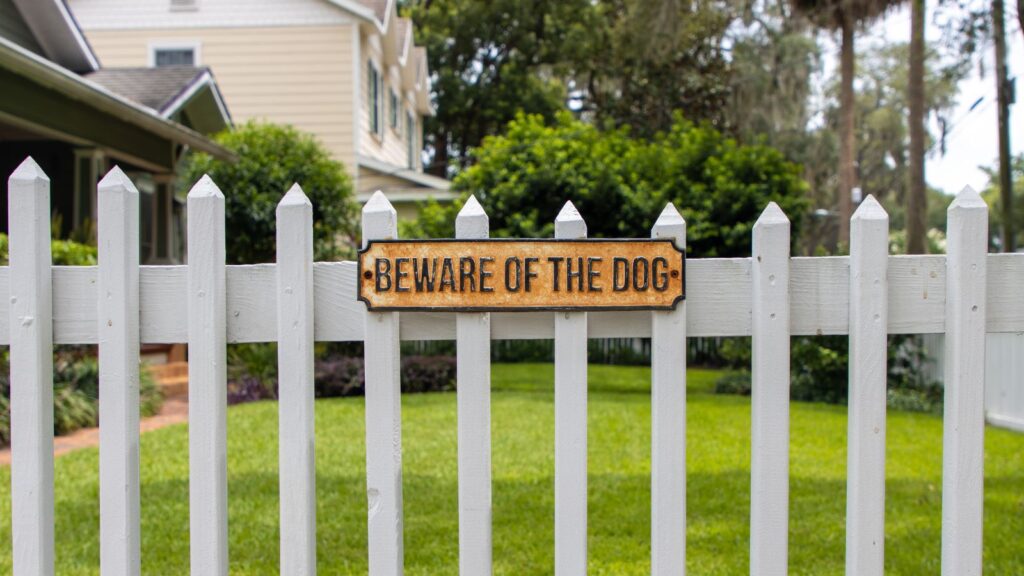
Security decals and signs, such as “Beware of the dog,” are helpful but should not be your only line of defense. While these signs are 9yh on the list of deterrents, according to research by Gill Security, they will not work independently. Pair them with actual security measures like cameras, alarms, and motion-sensor lights to provide real protection.
Failing to Inform Neighbors
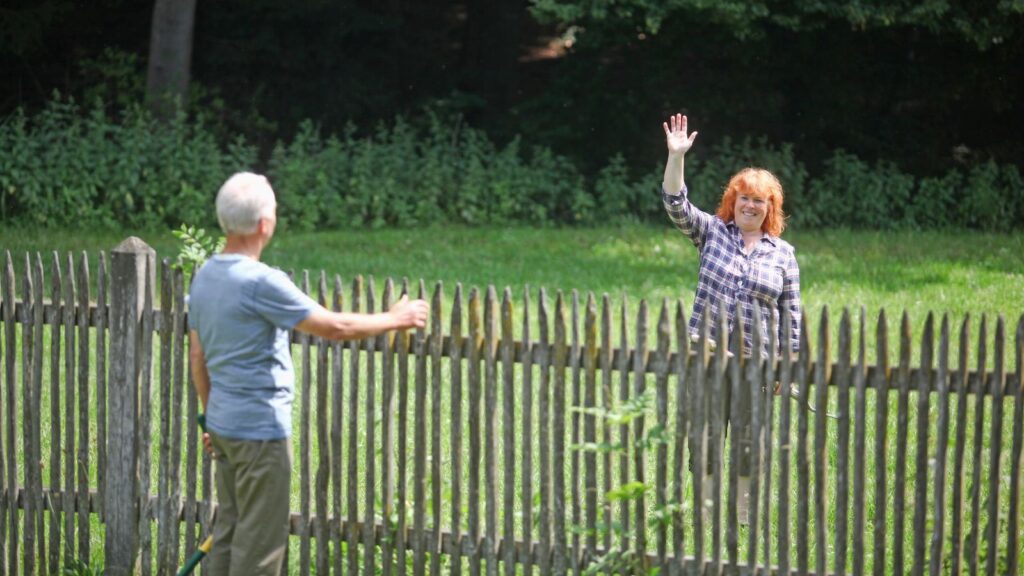
Good relationships with your neighbors can enhance your home’s security. Informing trusted neighbors about your travel plans allows them to monitor your property and report any suspicious activity.
Not Installing a Security System
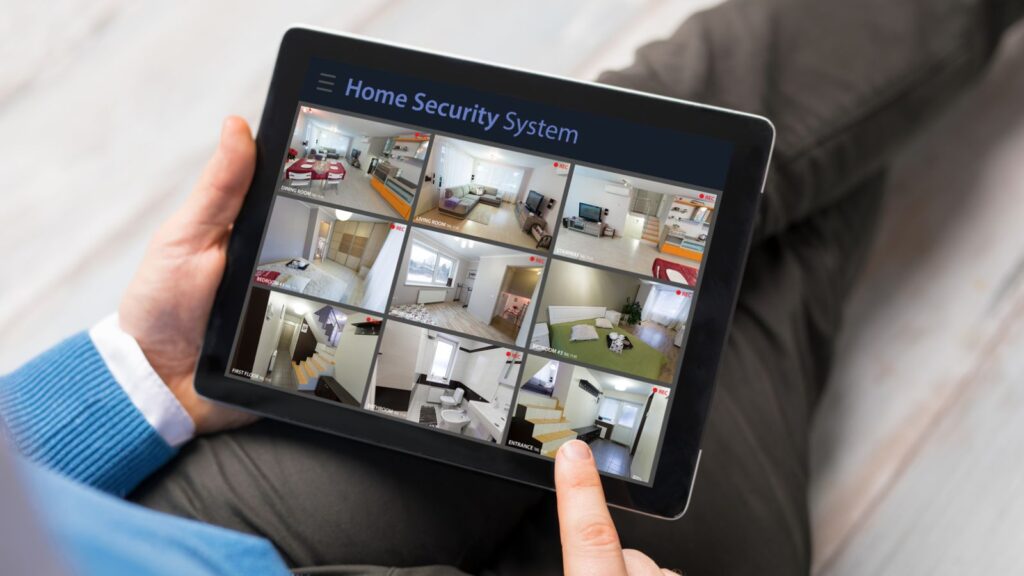
A home security system can significantly reduce the risk of burglary. Modern systems often include cameras, alarms, and remote monitoring, providing comprehensive protection.
Ignoring Home Security Audits

Many local police departments offer free home security audits. These inspections can identify vulnerabilities in your home and provide recommendations for improvements. Taking advantage of these services can greatly enhance your home’s security.
Bragging About Your Wealth
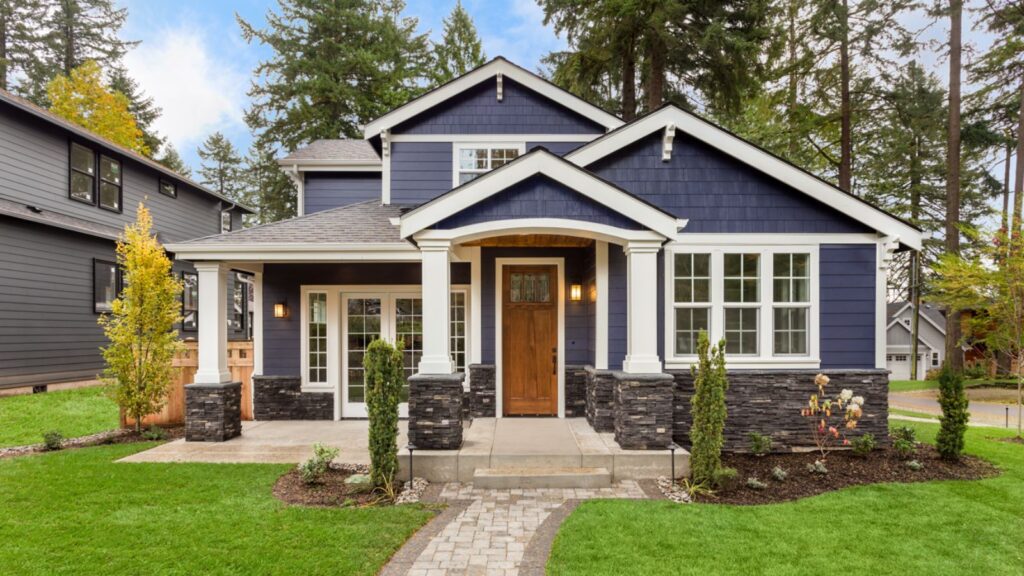
It is fine to talk about how lovely your home is and all the lovely things you have, but make sure you do this privately. Opportunities thieves will loiter around local coffee shops and public areas to find information about potential targets.
Not Changing Locks When You Move In
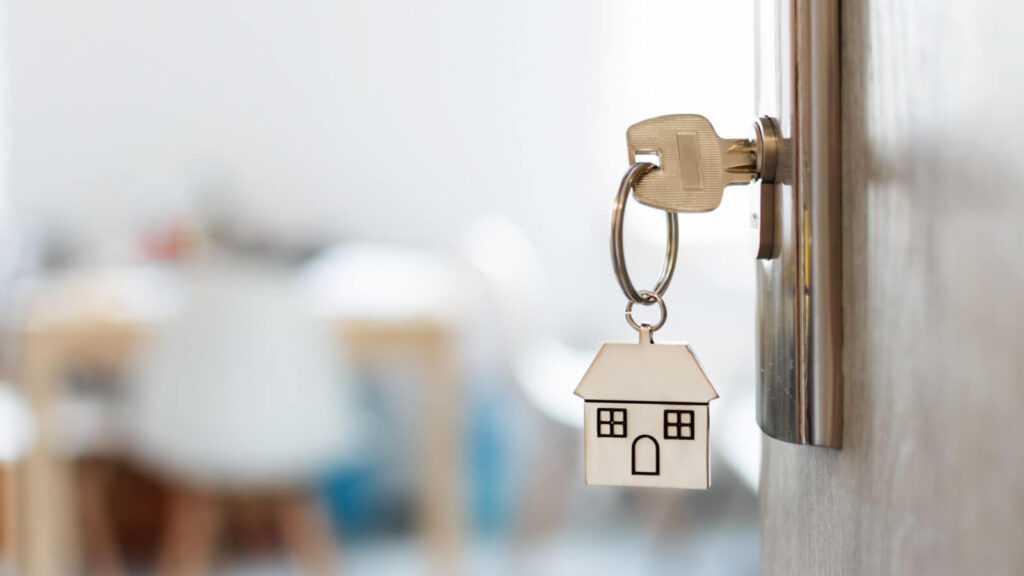
When the excitement of moving in settles, prioritize security by changing the locks on your new home. Previous occupants or contractors might still have keys, risking your valuables and safety. Despite this risk, research by All United Locksmith indicates half of people don’t change the locks on their new home.
Resetting Alarm System
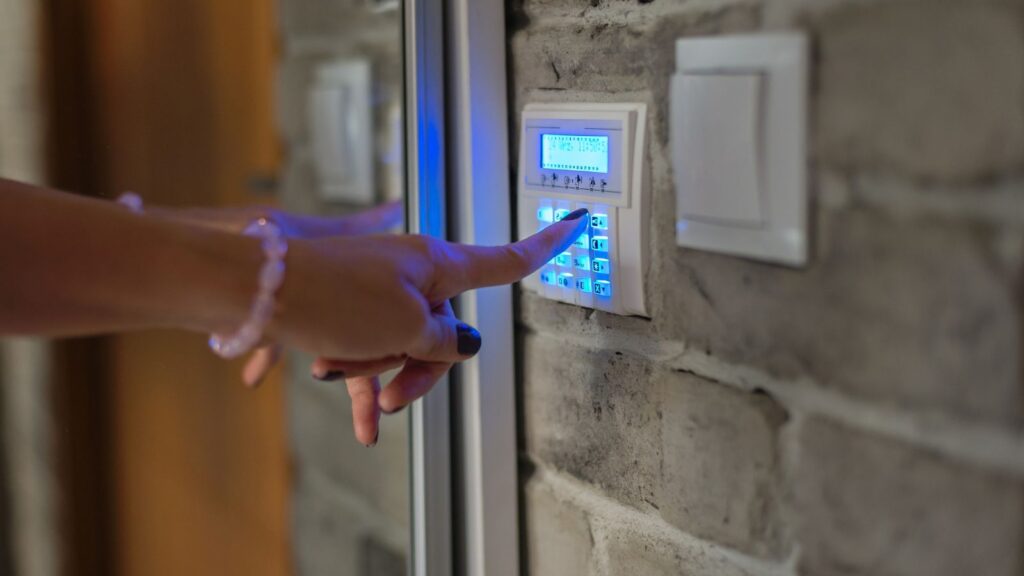
Regularly setting and disabling your alarm system is crucial for maintaining home security. Leaving your system off when you’re away can make your home an easy target for burglars. Develop a routine of activating your alarm every time you leave the house, even if you only go out briefly. Sites such as Staysafe offer advice on how to use your security systems to your advantage.
19 Grim Realities of Dating After 50 That Are Often Overlooked

19 Grim Realities of Dating After 50 That Are Often Overlooked
26 Things That Will Be Extinct Because Millennials Refuse to Buy Them

26 Things That Will Be Extinct Because Millennials Refuse to Buy Them
24 Outdated Slang Terms You Absolutely Shouldn’t Be Using Anymore

24 Outdated Slang Terms You Absolutely Shouldn’t Be Using Anymore
25 Hardest Parts About Getting Older That No One Ever Talks About

25 Hardest Parts About Getting Older That No One Ever Talks About

